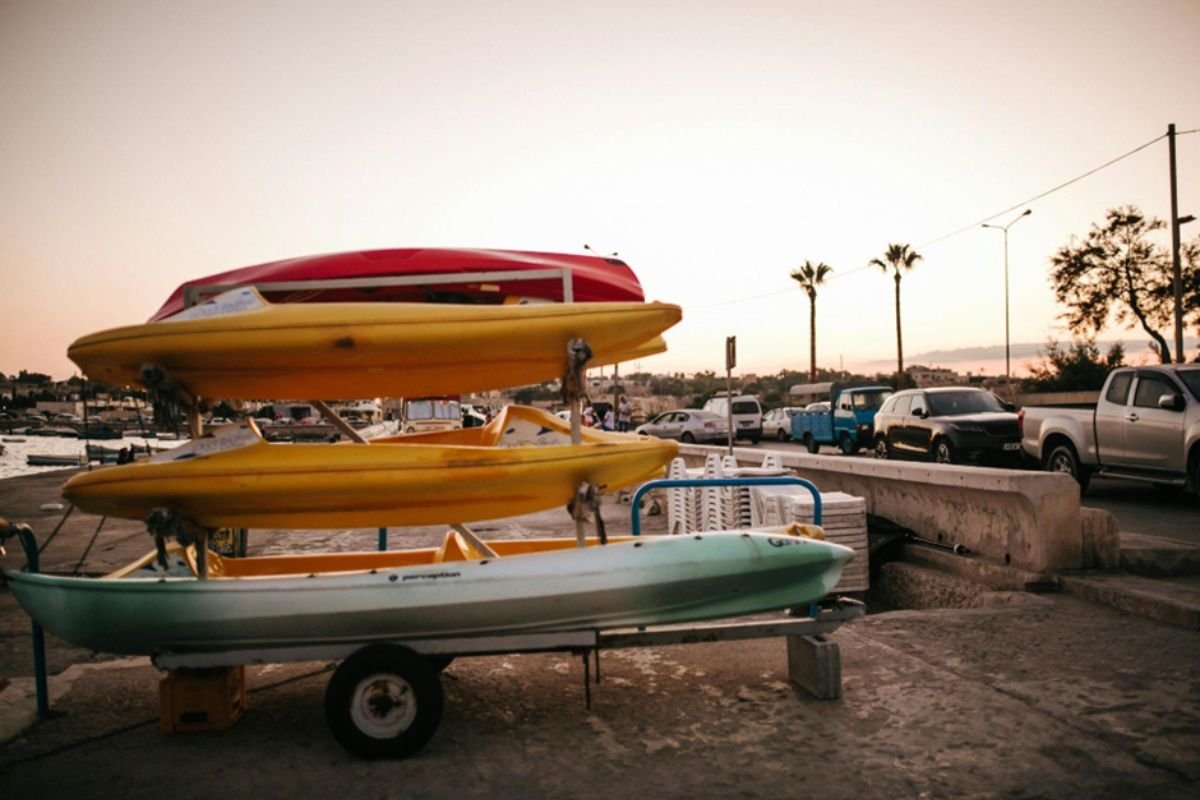If you’re thinking of buying a trailer, it’s important to understand the different types of trailers available. They come in an array of shapes and sizes for various functions. In order to find the right one, you need to consider your budget, the type of vehicle you’ll be towing with and the types of jobs you’ll be using your trailer for. Below are some tips that can help you to make the best choice.
What type of trailer?
There are a few different types of trailers, each of which serves a different purpose. Start by working out exactly what type of trailer you need:

- Flatbed trailer: Flatbed trailers have a large open deck that can be loaded from the side or back. They’re useful for hauling all kinds of bulky and awkwardly shaped items from construction materials to furniture.
- Utility trailer: Utility trailers have rigid or folding sides to help contain loads. They’re generally smaller than flatbed trailers, but can still be used for transporting everything from kayaks to gardening waste.
- Dump trailer: A dump trailer can be tipped, allowing contents to be emptied from the back. It can be useful for moving around soil or dumping garbage.
- Enclosed trailer: Enclosed trailers are fully enclosed to keep items completely contained. They can protect items like furniture or tools from weather damage, while also providing security.
- Car trailer: Car trailers are designed for transporting cars. They are commonly used by breakdown companies, but can also be used to transport additional cars when moving home or going on vacation.
- Camping trailer: Camping trailers are a popular form of RV that can make camping trips that little bit more luxurious. They can also provide a free place to sleep on a road trip.
How large and how heavy?
There are many types of trailers, which come in various sizes and weights. Each of these trailers comes in various different sizes and weights. Determine what capacity you need. Smaller trailers can be all you need for basic tools or additional camping accessories, whereas larger trailers may be necessary for more heavy-duty uses, including construction or moving vehicles.

Larger and heavier trailers – especially when containing loads – may only be possible to haul if you have a larger vehicle. Consider the towing capacity of your vehicle so that you don’t go too big or too heavy. A larger trailer may also require installing a fifth wheel hitch.
Used or new?
Used trailers are typically much cheaper to buy. You’ll find many options for sale online via sites like Craigslist or eBay. It’s important to check the condition of a second-hand trailer thoroughly before you commit to a purchase – otherwise you could be spending a lot of money on repairs. Heavily used older trailers are more likely to be less reliable.
New trailers will cost more upfront, but you don’t have to worry about their condition. You can also be certain that they meet modern safety requirements. You can buy brand new trailers from trailer dealerships or you can buy them directly from the manufacturer. Such trailers will usually come with a warranty.









